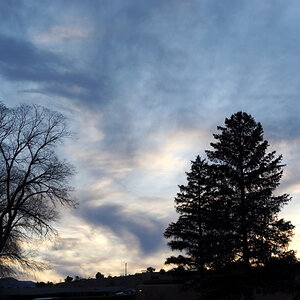compur
Been spending a lot of time on here!
This is a book I found some years ago in a used book store and
it's one of my favorites. It's called Photographic Lenses by C.B.
Neblette (Morgan & Morgan). First published 1965. I have the
1973 revised edition.
It's a smallish book (131 pages) but chock full of diagrams for
many classic lenses of all formats plus historical data on who
designed what when, optics theory, etc.
There are few books with so much general lens information like
this. For example, if you want to know the difference between
a Schneider Xenon and a Leica Summicron, this is the place to
look. Of course, it doesn't have details on every lens ever made
but many of the important classics are here.

it's one of my favorites. It's called Photographic Lenses by C.B.
Neblette (Morgan & Morgan). First published 1965. I have the
1973 revised edition.
It's a smallish book (131 pages) but chock full of diagrams for
many classic lenses of all formats plus historical data on who
designed what when, optics theory, etc.
There are few books with so much general lens information like
this. For example, if you want to know the difference between
a Schneider Xenon and a Leica Summicron, this is the place to
look. Of course, it doesn't have details on every lens ever made
but many of the important classics are here.



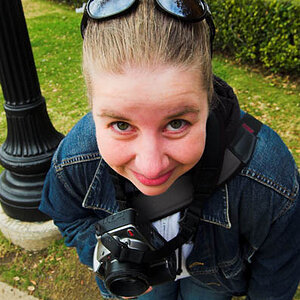
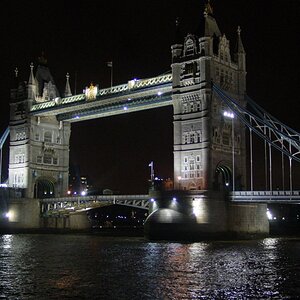
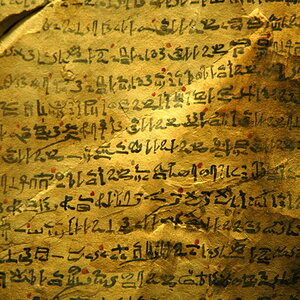
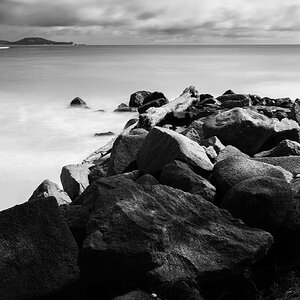
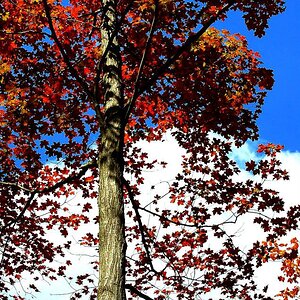
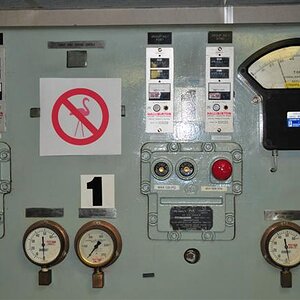
![[No title]](/data/xfmg/thumbnail/32/32720-b9edc2f3e7f95d97aa6561cf835b47c8.jpg?1619735626)
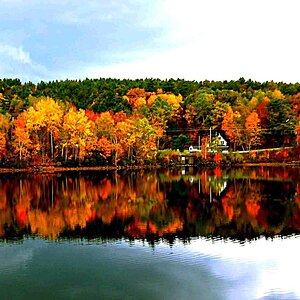
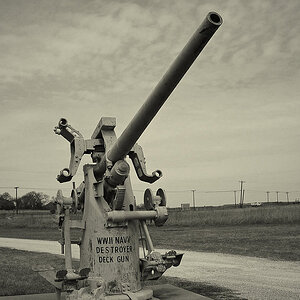
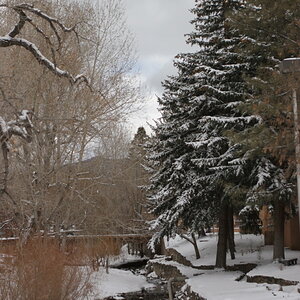
![[No title]](/data/xfmg/thumbnail/32/32635-be18e952e67667cbb1525b4b057b6423.jpg?1619735554)
